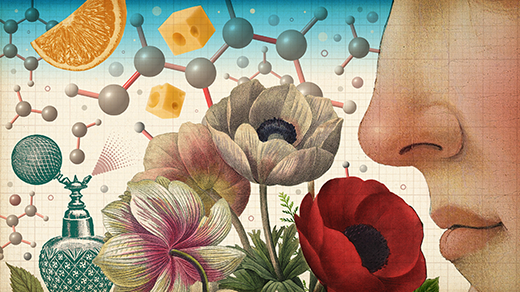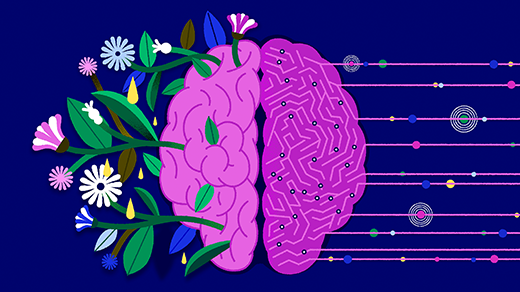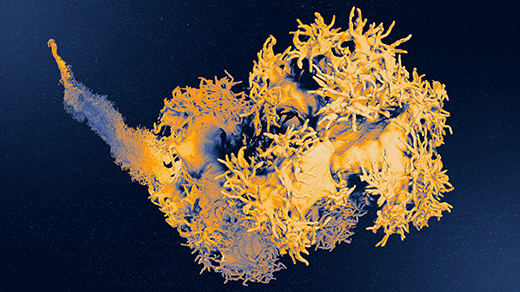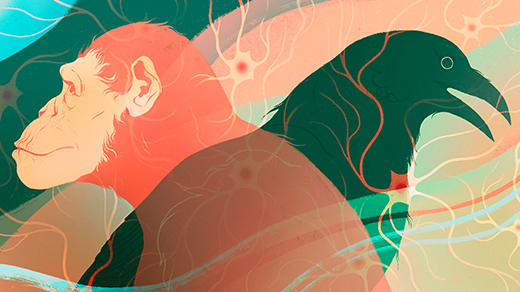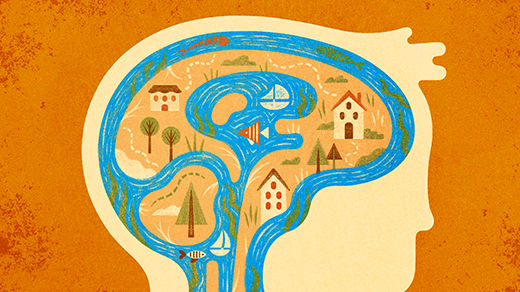What's up in
Neuroscience
Latest Articles
What Can a Cell Remember?
A small but enthusiastic group of neuroscientists is exhuming overlooked experiments and performing new ones to explore whether cells record past experiences — fundamentally challenging what memory is.
How Smell Guides Our Inner World
A better understanding of human smell is emerging as scientists interrogate its fundamental elements: the odor molecules that enter your nose and the individual neurons that translate them into perception in your brain.
How Much Energy Does It Take To Think?
Studies of neural metabolism reveal our brain’s effort to keep us alive and the evolutionary constraints that sculpted our most complex organ.
The Molecular Bond That Helps Secure Your Memories
How do memories last a lifetime when the molecules that form them turn over within days, weeks or months? An interaction between two proteins points to a molecular basis for memory.
AI Is Nothing Like a Brain, and That’s OK
The brain’s astounding cellular diversity and networked complexity could show how to make AI better.
Touch, Our Most Complex Sense, Is a Landscape of Cellular Sensors
Every soft caress of wind, searing burn and seismic rumble is detected by our skin’s tangle of touch sensors. David Ginty has spent his career cataloging the neurons beneath everyday sensations.
Intelligence Evolved at Least Twice in Vertebrate Animals
Complex neural pathways likely arose independently in birds and mammals, suggesting that vertebrates evolved intelligence multiple times.
The Mysterious Flow of Fluid in the Brain
A popular hypothesis for how the brain clears molecular waste, which may help explain why sleep feels refreshing, is a subject of debate.
How ‘Event Scripts’ Structure Our Personal Memories
By screening films in a brain scanner, neuroscientists discovered a rich library of neural scripts — from a trip through an airport to a marriage proposal — that form scaffolds for memories of our experiences.

